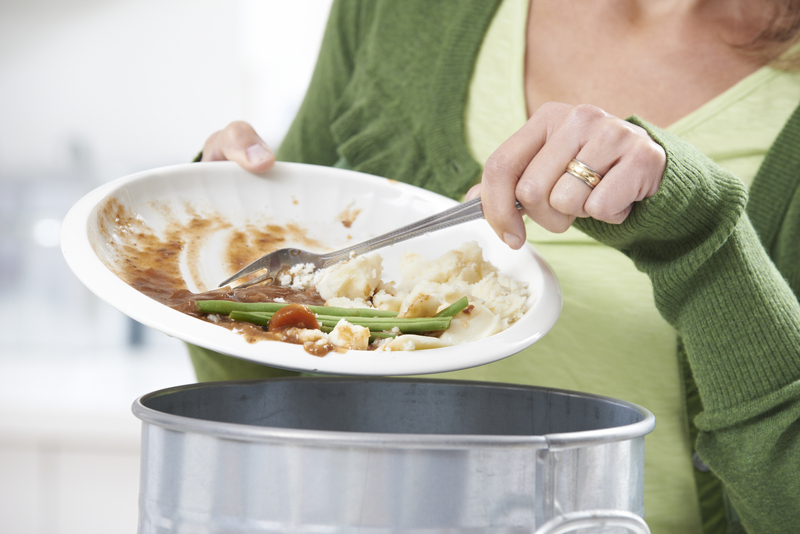Household Waste Prevention Guide
Posted on 19/10/2024
In an age where environmental concerns are escalating, taking steps to reduce household waste has never been more critical. By implementing effective waste prevention techniques at home, you can significantly contribute to environmental conservation while also saving money and creating a more sustainable lifestyle. This guide will outline practical tips and strategies for minimizing household waste.
Understanding Household Waste
Household waste refers to everyday items discarded by the typical household, including food scraps, packaging materials, plastic bottles, and paper products. Managing this waste properly is crucial for reducing the strain on landfills, cutting down on greenhouse gas emissions, and preserving natural resources.

Effective Strategies for Reducing Household Waste
1. Prioritize Reusable Items
One of the most effective ways to cut down on waste is to opt for reusable items over single-use products. Examples include:
- Reusable shopping bags
- Washable glass jars and containers
- Cloth napkins and towels
- Rechargeable batteries
2. Smart Shopping
Reduce waste at the source by making mindful purchasing decisions. This includes:
- Buying in bulk to minimize packaging waste
- Choosing products with minimal or recyclable packaging
- Making a shopping list to avoid impulse buys that may go to waste
3. Composting
Composting organic waste such as food scraps and yard waste can significantly reduce the amount of trash sent to landfills. Composting transforms organic waste into nutrient-rich soil, perfect for gardening and landscaping.
4. Recycling
Properly sorting and recycling materials like paper, plastic, glass, and metal is essential for reducing waste. Familiarize yourself with local recycling guidelines to ensure you're recycling correctly.
5. DIY and Repurposing
Get creative by repurposing items instead of discarding them. For example, old jars can become storage containers, and worn-out clothes can be transformed into cleaning rags or craft materials.
Pros and Cons of Waste Prevention
Waste prevention offers numerous benefits but also presents some challenges. Let's explore both sides:
Pros
- Environmental Benefits: Reduces pollution, conserves resources, and lowers greenhouse gas emissions.
- Cost Savings: Less money spent on disposable products and waste management services.
- Healthier Lifestyle: Often leads to healthier food choices and reduced exposure to harmful chemicals.
Cons
- Initial Investment: Some reusable products may have a higher upfront cost.
- Effort and Time: Requires time and effort to change habits and practices.
- Space Requirements: Composting and bulk buying may require additional space.
Top Tips for Household Waste Prevention
- Plan Your Meals: Reduces food waste by only purchasing what you need.
- Limit Single-Use Plastics: Use alternatives like cloth bags and metal straws.
- Donate Unwanted Items: Pass on items in good condition to charities or friends.
- Avoid Over-Packaged Products: Choose items with minimal packaging or buy in bulk.
- Repair, Don't Replace: Fix broken items instead of discarding and buying new ones.

Key Takeaways
- Preventing household waste is crucial for environmental sustainability and can lead to significant cost savings.
- Simple changes in shopping habits, reusable product selection, and waste management can make a substantial impact.
- Educating yourself and others about effective waste prevention methods is important for long-term success.
Conclusion
Preventing household waste is a vital step towards a sustainable future. By prioritizing reusable items, smart shopping, composting, recycling, and repurposing, you can greatly reduce the amount of waste your household produces. While there are some challenges, the environmental and financial benefits make it worthwhile. Implement the tips and strategies provided in this guide to make a meaningful impact on waste reduction and contribute to a cleaner, healthier planet.
Latest Posts
Planet-Friendly Disposal Strategies
House Waste Removal Made Easy: Top 5 Tools
Hard Rubbish: Identification & Disposal Tips





